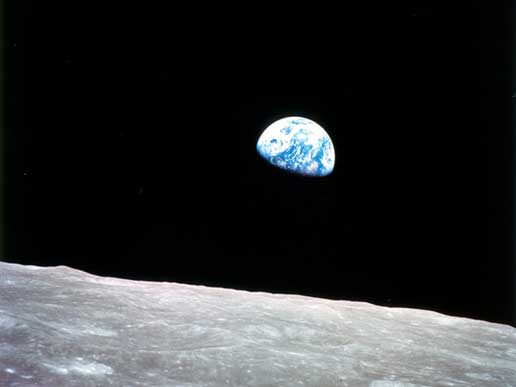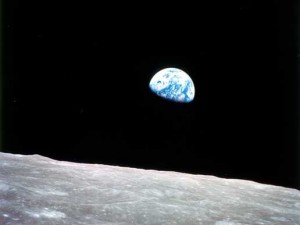The Question
Today is November 1st, 2012, a day that finds us Americans in a decidedly trying moment. On Tuesday, we will at last learn the verdict of an extraordinarily high-stakes presidential election, while the east coast still reels from the effects of Hurricane Sandy, a veritable superstorm that put the lives of thousands on an indefinite hold. Whether or not we are directly affected by the events in question, times like these often cause us to take a figurative step back, looking past the trivialities of our daily lives to recognize our inherent commonalities with one other. The guy in back of you in the supermarket line might be as different from you as Mitt Romney’s policies are to Barack Obama’s, yet you both have an equal power to decide which of the vying candidates will be granted the powers of the highest office in the country, and subsequently make decisions affecting both of your lives. Your interactions with your next door neighbor might normally consist of mere pleasantries, but now she is bringing over candles during a power outage, and you’re bringing her an extra bag of ice, lingering on her darkened doorstep to commiserate over your common predicament. In a seemingly unspoken realization, these catalyzing events cause us to recognize that we really are all in the same boat–a boat that is blue, round, and luminescent, floating silently in an eternal blackness.
As we watch the harrowing coverage of the storm’s aftermath, listen to the political pundits speculate incessantly about who will win Ohio, and set an early alarm on Tuesday so we can get out to the polls before work or school, there develops a certain necessity within us to reflect on the status of our own lives, or more importantly, how our lives are affecting those of the people around us. As musicians, such honest reflections can yield some admittedly uncomfortable questions. We spend countless hours in claustrophobic practice rooms, invest tens of thousands of dollars in purchasing quality instruments, and sacrifice significant aspects of our personal lives to the refinement of our abilities–but for what purpose? We always seem to be focusing on our own individual goals–to win that big audition, to achieve a flawless performance, to build an impressive resume–but how often do we really stop to think about our collective goals, the goals that anyone calling himself a musician should be constantly striving to attain? In a somewhat ironic way, as we spend thousands of hours perfecting our instrumental skills, we rarely stop to think about what those skills will enable us to do. We take for granted that we will have the opportunity to perform, and that an audience will come to hear us. But just as the ill winds of an unforgiving hurricane caused millions of people to realize how much they truly took for granted, we must equally recognize that there are no guarantees in our musical lives as well. We don’t know if we will have a vibrant audience in thirty years; we cannot predict what the state of our field will be, even in the near future. But what we do know–and have always known–is the potential for us to change lives and enrich communities through our musical abilities, whether it be through performing, teaching, or facilitating the means for others to do so. The extraordinary potential of music and the arts makes ours a most unique role on that floating blue ball in the darkness–for it is we who embody the essence of humanity. As Beethoven so eloquently stated, “Music is the one incorporeal entrance into the higher world of knowledge which comprehends mankind, but which mankind cannot comprehend.”
The photo accompanying this post, Earthrise, is one of my all-time favorite images, taken on the 1968 Apollo 8 mission as the astronauts flew over the lunar horizon. Seeing our planet hang there silently, like a serene window decoration, always reminds me of how special we all are, how lucky we all are to be alive and sharing our existence upon it together. Sometimes, when I read about the tumult of orchestral contract negotiations and crass musical politics, I wish all of us could take a step back and just look at that image, reminding ourselves of our common and infinitely wonderful role on earth. How different might things be, I wonder, if we all sat down and asked ourselves, “What do I truly want to achieve in this world by being a musician?”
If each of us could honestly answer that question, putting aside our egos, prejudices, and fallacious presumptions, then, just as a vibrant rainbow graced the horizon of New York City as the ominous clouds of destruction faded into the distance, we will have found beauty once again.


